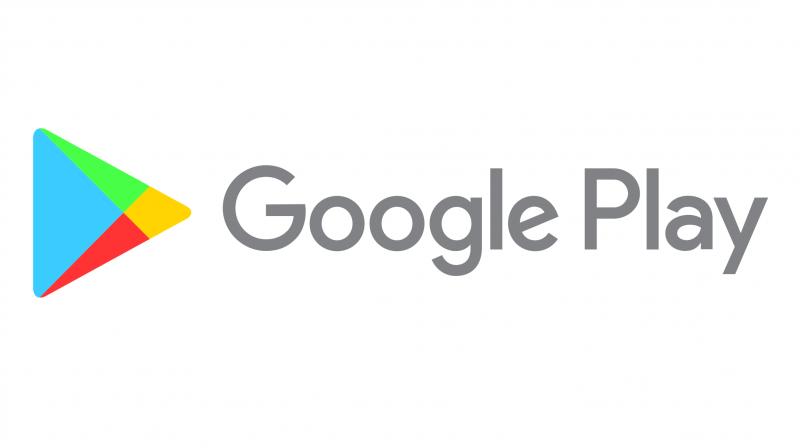The future of Google Play: What lies ahead?
New tools in the Play Console have helped you reduce crash rates by up to 70 per cent.

Earlier this week, Google released the public build of Android 9 Pie. As the Android platform continues to push forward, Google is always looking to provide new ways to distribute apps efficiently, help people discover and engage with work, and improve the overall security of the Android ecosystem. Google Play has had a busy year so far with some big milestones around helping developers reach more users, including:
- Shrinking download size: Android App Bundle & Dynamic Delivery has helped reduce app sizes by up to 65 per cent, leading to increased downloads and fewer uninstalls.
- Helping improve quality: New tools in the Play Console have helped you reduce crash rates by up to 70 per cent.
- Improving discovery: Improvements to the discovery experience have increased Google Play Store visits by 30 per cent over the last 12 months.
- Keeping users safe: Google Play Protect scans more than 50 billion apps a day and Android API level 26 adoption requirements improve app security and performance.
Google Play is dedicated to helping developers build and grow quality app businesses, reach the more than 2 billion Android devices globally and provide your users with better experiences. Here are some of the important areas we're prioritizing this year:
Innovative Distribution
Google has added more testing tools to the popular Play Console to help developers de-risk app launches with internal and external test tracks and staged rollouts to get valuable early feedback. This year, Google has expanded the Start on Android program globally that provides developers new to Android additional guidance to optimise their apps before launch. Google Play Instant remains a huge bet to transform app discovery and improve conversions by letting users engage without the friction of installing.
Improving App Quality
Google Play plays an important role in helping developers understand and fix quality and performance issues. At I/O, Google showcased how they expanded the battery, stability and rendering of Android vitals reporting to include app start time and permission denials, enabling developers to cut application not responding errors by up to 95 per cent. They also expanded the functionality of automated device testing with the pre-launch report to enable games testing. Recently, they increased the importance of app quality in our search and discovery recommendations that have resulted in higher engagement and satisfaction with downloaded games.
Richer Discovery
Over the last year, they've rolled out more editorial content and improved the machine learning to deliver personalised recommendations for apps and games that engage users. Since most game downloads come from browsing (as opposed to searching or deep linking into) the store, they have put particular focus on games discovery, with a new games home page, special sections for premium and new games, immersive video trailers and screenshots, and the ability to try games instantly. Google has also introduced new programs to help drive app downloads through richer discovery. For example, since launching the app pre-registration program in 2016, Google has seen nearly 250 million app pre-registrations. Going forward, they'll be expanding on these programs and others like LiveOps cards to help developers engage more deeply with their audience.
Expanding Commerce Platform
Google Play now collects payments in 150 markets via credit card, direct carrier billing (DCB), Paypal, and gift cards. Direct carrier billing is now enabled across 167 carriers in 64 markets. In 2018, they have focused on expanding footprint in Africa and Latam with launches in Ghana, Kenya, Tanzania, Nigeria, Peru and Colombia. And users can now buy Google Play credit via gift cards or other means in more 800,000 retail locations around the world. This year, Google also launched seller support in 18 new markets bringing the total markets with seller support to 98. The subscription offering continues to improve with ML-powered fraud detection and even more control for subscribers and developers. Google Play's risk modelling automatically helps detect fraudulent transactions and purchase APIs help you better analyse your refund data to identify suspicious activity.
Maintaining a Safe and Secure Ecosystem
Google Play Protect and other systems scan and analyse more than 50 billion apps a day to keep our ecosystem safe for users and developers. In fact, people who only download apps from Google Play are nine times less likely to download a potentially harmful app than those who download from other sources. They've made significant improvements in our ability to detect abuse—such as impersonation, inappropriate content, fraud, or malware—through new machine learning models and techniques. The result is that 99 per cent of apps with abusive content is identified and rejected before anyone can install them. They are also continuing to run the Google Play Security Rewards Program through a collaboration with Hacker One to discover other vulnerabilities.
(source)
Click on Deccan Chronicle Technology and Science for the latest news and reviews. Follow us on Facebook, Twitter.

